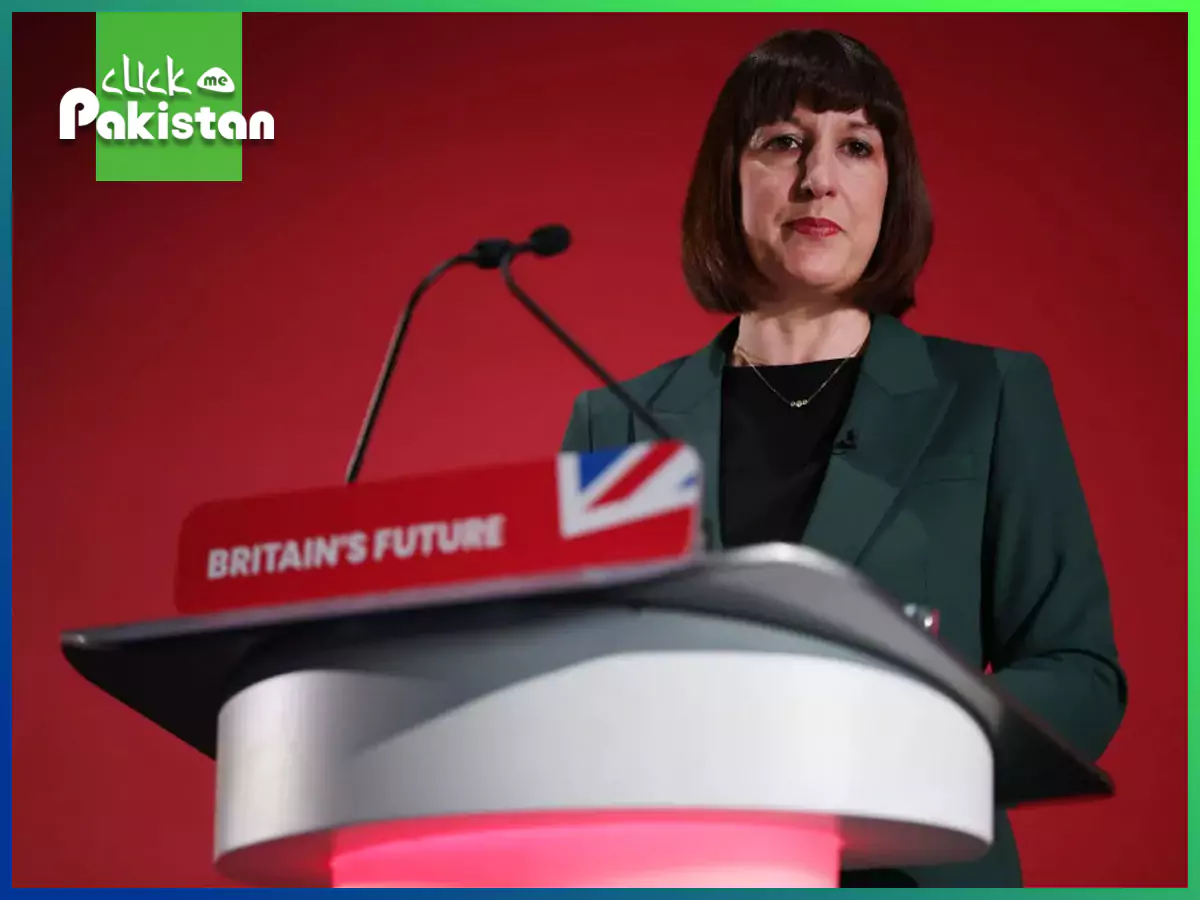
Rachel Reeves Highlights £20bn Fiscal Gap: A Case For Labour Party
Fiscal deficit is a financial concept that refers to the net amount, usually in the billions, by which a nation’s spending exceeds its revenue to the extreme that Rachel Reeves was compelled to offer a £20bn fiscal challenge.
A few days ago, Rachel Reeves, the Labour’s Shadow Chancellor, unveiled the latest deficit of £20 billion stating it is a problem that has been left to the Labour party by the Conservatives. This revelation underscores a broader challenge for Labour: tackling budget burdens while promoting essential advancements in public services, without pushing for massive changes in taxation rates across the board.
Context: Taking the Fiscal Deficit apart
Reeves’s speech in the next week will reveal this rather shocking figure to explain that there is a huge fiscal gap between the Tories’ pre-election cut in taxation and their spending commitments. This is a major challenge for Labour as it aims to meet its promises to the voters mainly in health, education, and facilities.
The Overview of Political and Economics
This means that the political climate has drastically changed and the British citizens are now leaning towards supporting a more interventionist state as far as public services are concerned. It could be observed in the most recent elections when the public threw out Conservatives perceived not to be delivering on these fronts. As Reeves is preparing to speak to the nation, the Labour Party stands before a demand to hold the line on its policies, and the desire to keep some distance from a hefty increase in taxes.
Rachel Reeves’s Strategic Approach
Amongst these, investment tax, income tax, national insurance, and VAT make up about 75% of the British government revenues, and Rachel Reeves has no intention, at least for now, of increasing them. This has meant that the Labour Party now has limited opportunities to obtain the required amount of money to make up for this deficit. Therefore, the party seeking for additional revenues might be forced to look for other sources like the asset taxes or other forms of taxes not mentioned before each being consequent to certain economic and political ramifications.
The Broader Implications for Labour
Labour’s path to retaining voter support and securing re-election largely depends on its ability to demonstrate tangible improvements in public services and overall economic health. However, internal party dynamics and external fiscal constraints complicate this objective. For instance, the debate over scrapping the two-child benefit cap highlights the tensions between policy goals and fiscal realities. This matter was presented by Rachel Reeves where she expressed her views.
Conclusion:
Rachel Reeves stands at the forefront of Labour’s efforts to address these complex fiscal challenges. Her leadership and policy decisions will play a crucial role in shaping the party’s economic strategy and political future. As Labour seeks to navigate this fiscal landscape, the party’s ability to manage public expectations and deliver on its promises will be critical. The coming months will test Labour’s resolve and strategic acumen, with the potential to redefine its standing in the eyes of the electorate.
Read Also For More: Oscar Piastri Wins First-Ever F1 Grand Prix in Hungary Amid McLaren Team Drama












